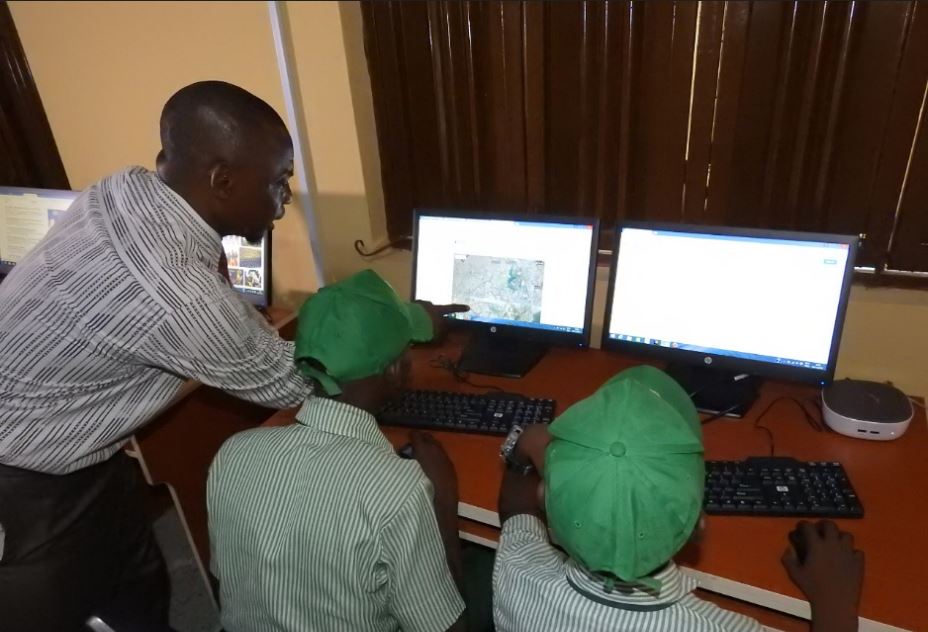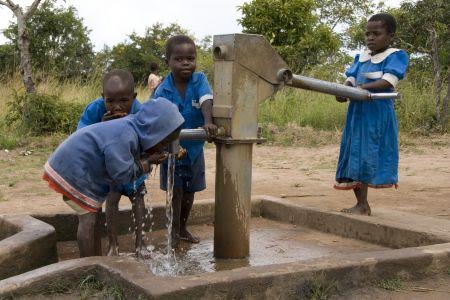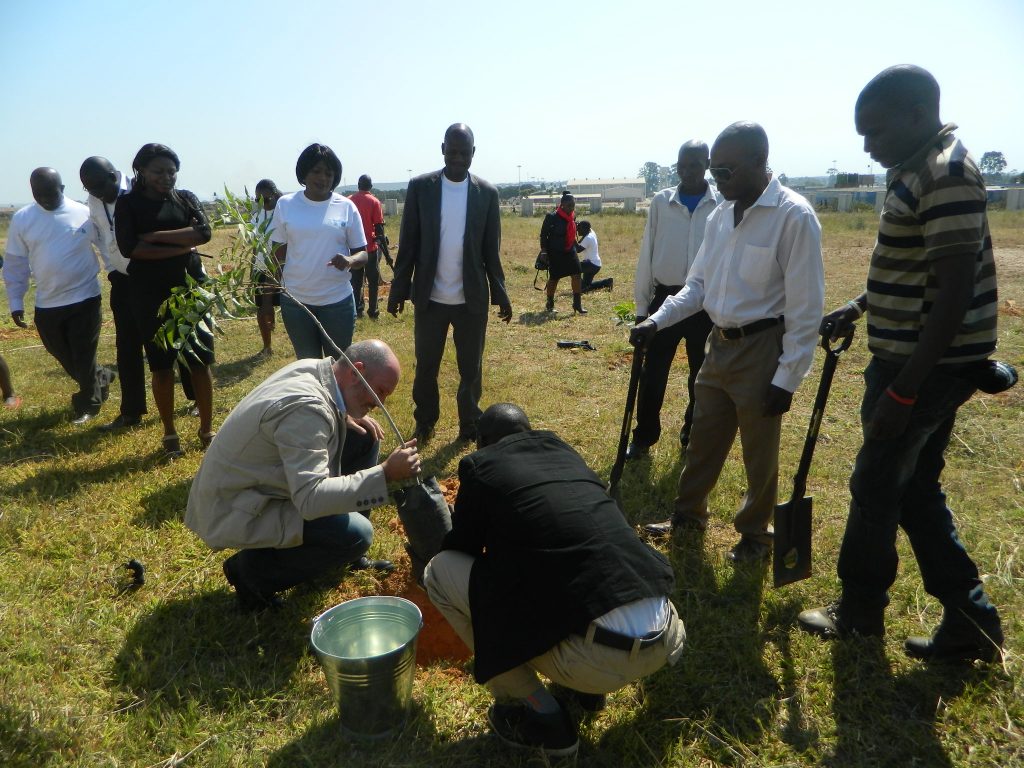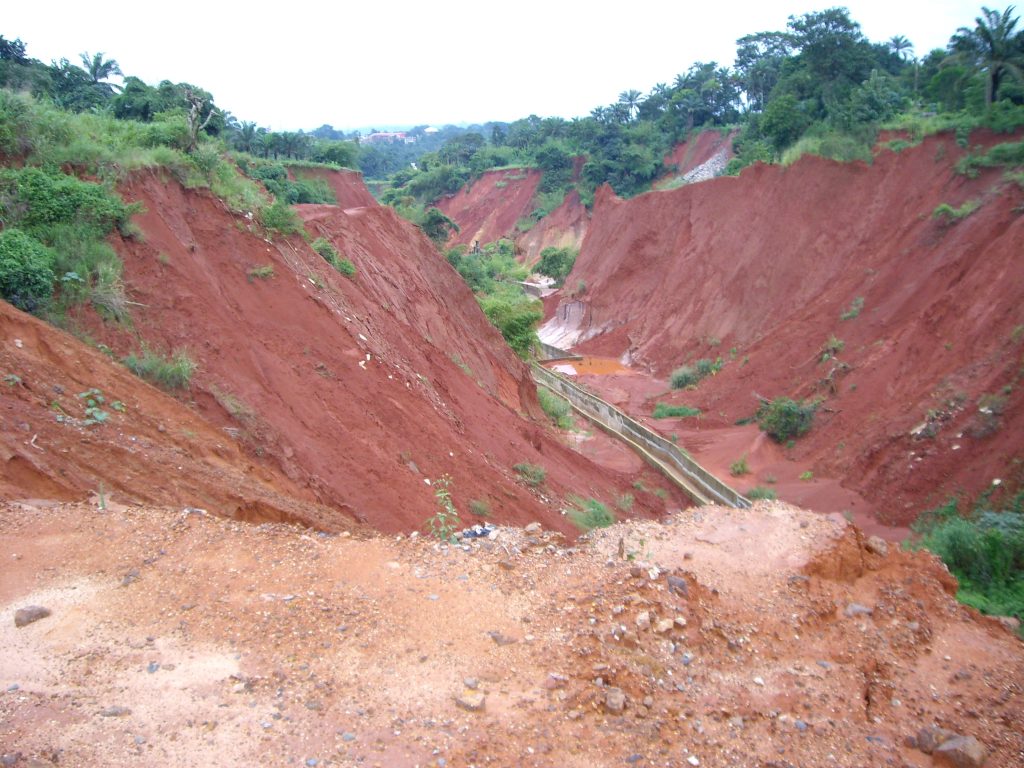The Environmental Footprint of a Loaf of Bread

Do we know the environmental footprint of a loaf of bread? When it comes to climate change, the first thing that comes to mind is the greenhouse gas emissions from industries. We also think of the gas emission from cars and the energy we use in our homes. Of course, they are some of the […]
Overpopulation: Causes, Effects, and Solutions

Overpopulation is a situation whereby, people living in an environment exceed the number of resources available to meet their needs. Overpopulation is one of the biggest problems we have here in Nigeria. It is important to note that besides social well-being, the economic prosperity of a nation is dependent on its population growth rate. Demographically, […]
Deep Sea Life Faces Dark Future Due to Warming and Food Shortage

Deep Sea Life Faces Dark Future Due to Warming and Food Shortage Creatures that live in the deep sea are facing a desperate future due to food shortages and changing temperatures. The deep ocean plays a critical role in sustaining our fishing, and removing carbon dioxide from the atmosphere. The deep ocean is also a […]
Technology and Society – Impact of Technology on Society

Technology and Society – Impact of Technology on Society. One of the best things society could ever ask for is science and technology. Since the industrial revolution in the 18th century science has been in progress. The society has greatly gained with the invention of technology, without society, there would be no science and technology. […]
Water: An Essential Element for Life

Earth is the only planet in this universe where life is possible because of the availability of water and oxygen. Water: an essential element for life. We refer to water as life because it is an important element for all living things. No living creature on earth can survive without water. We find water in […]
Eight Schools in Lagos Obtain Potable Water, Toilet Facilities

Eight Schools in Lagos Obtain Potable Water, Toilet Facilities Teachers and pupils of eight public primary schools in Shomolu Local Government Area, and Bariga Local Council Development Area of Lagos State could not hold back their joy recently, as their dream of access to safe water and basic sanitation in the learning environment came true. […]
Importance of a Healthy Environment

It is very crucial that we know the importance of a healthy environment. A clean and hygienic environment is very essential to a healthy living. Therefore, we must protect and keep it safe to ensure nature’s balance on the earth. The natural environment plays a great role in the existence of life on earth. A healthy […]
UNDP Plants 500 Trees in Rivers State

UNDP Plants 500 Trees in Rivers State The United Nations Development Programme (UNDP), has planted over 500 trees at Oko-Ohia Afara in Etche Local Government Area of Rivers State. The exercise was part of the on-going Biodiversity conservation programme of the UNDP. The national coordinator of the UNDP Niger Delta Biodiversity Conservation Programme Dr. Matthew […]
Environmental Degradation

Environmental degradation is a major global issue. Daily, the population of the world is fast increasing, which has resulted in environmental degradation. This means that man’s insatiable needs have disturbed the whole environmental equilibrium. Natural occurrences such as heavy rainfall, floods, storms, earthquakes, volcano eruption amongst a few have also contributed to environmental degradation. The […]
Why We Need to Recycle Plastic

Why we need to recycle plastic and not add to the eight million tons of rubbish in our oceans. We live in a world obsessed with throwaway plastics which can also be referred to as disposable plastics. These plastics takes about 450 to 1,000 years to breakdown and decompose. It’s no wonder thousands of tons […]
